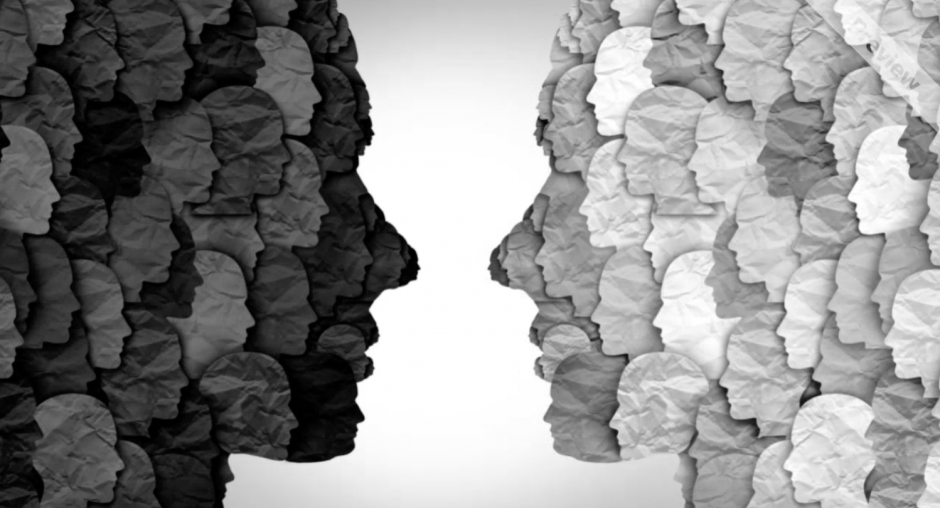“I’m biased? You’re biased! We’re all biased!” How our unconscious mind runs our life and how to defuse it
By Alexander Nitzsche, E-MINDFUL Communication Advisor
A person walks up to you and asks with a noticeable accent: “Excuse me, could you please help me?” Examine your first reaction – does your heart sink because you are being asked – again! – for money by a foreigner, or do you expect to be asked for directions by a tourist?
Don’t judge, observe the immediate response of your unconscious mind. It may tell a truth that your rational mind would rather ignore. Key to this exercise is research that was undertaken 20 years ago by two psychologists, Mahzarin Banaji and Anthony Greenwald. The research led to the conceptualization of “implicit bias”. While “explicit bias” is one we have formed consciously and are quite aware of, “implicit bias” is more insidious: it dwells in the depths of our minds, it usually reveals itself when we act on instinct and it feeds on connections that we would not find logical if we reasoned with them coldly.
“No-one is immune”, says Jerry Kang, Vice Chancellor of the UCLA Office of Equity, Diversity and Inclusion. Unconscious bias constantly challenges our conviction of being fair, neutral and impartial, a “good” person. In his video series, Mr. Kang explains how our gut feelings and stereotypes influence our actions every moment of our days. And yet for a good reason. Implicit biases are the legacy of the prehistoric struggle for survival.
Drawing quick, general and automatic conclusions enable immediate reactions in a wild environment where “homo hominis lupus”. In this context, unconscious biases are indeed useful. When stepping incautiously onto the road while a bus is heading directly at us the most ancient part of our brain, the amygdala, takes over and with no rational thinking makes us jump to the side to save our life. While this is an effective mechanism to run away from a tiger, it may be less appropriate to deal with more complex and nuanced situations, like dealing with other human beings. The most challenging side of this story is that unconscious biases and stereotypes can heavily influence our ability to judge a person fairly and with respect. Our biased behaviours will be the direct expression of our biased perceptions.
Is there a way to tame this wild part of our mind?
Jerry Kang suggests a three-step strategy, the “mindset, debiasing and decoupling” approach. First, work on your own mindset, be mindful and internally motivated to be fair. “Paradoxically, the only way to be fair is to assume that you are not,” Kang says. Second, “de-bias”, make an intentional effort to use counter-messaging to influence your own subconscious mind. For example, change media consumption behaviours. Third, “decouple”, break the causal link between bias and behaviour by designing procedures and strategies that reduce the influence of biases on real-life decisions. An oft-quoted example is the “blind auditions”, to ensure that musicians are selected on their merit and not because of their personal characteristics (being a man or a woman, black or white, etc. etc.).
Now, answer this last question: what is the first image that comes to your mind when you hear the word “migrant”? A boat full of people, buffeted by rain and high waves, desperately trying to reach a safe place? Or the image of Polish-born Maria Salomea Skłodowska, who migrated to France to further her studies and later in life – under the name of Marie Curie – obtained the Nobel Prize in Physics?
Be mindful!
If you missed the first issue of the newsletter, you can check it out here.
Subscribe to the E-MINDFUL newsletter here.

